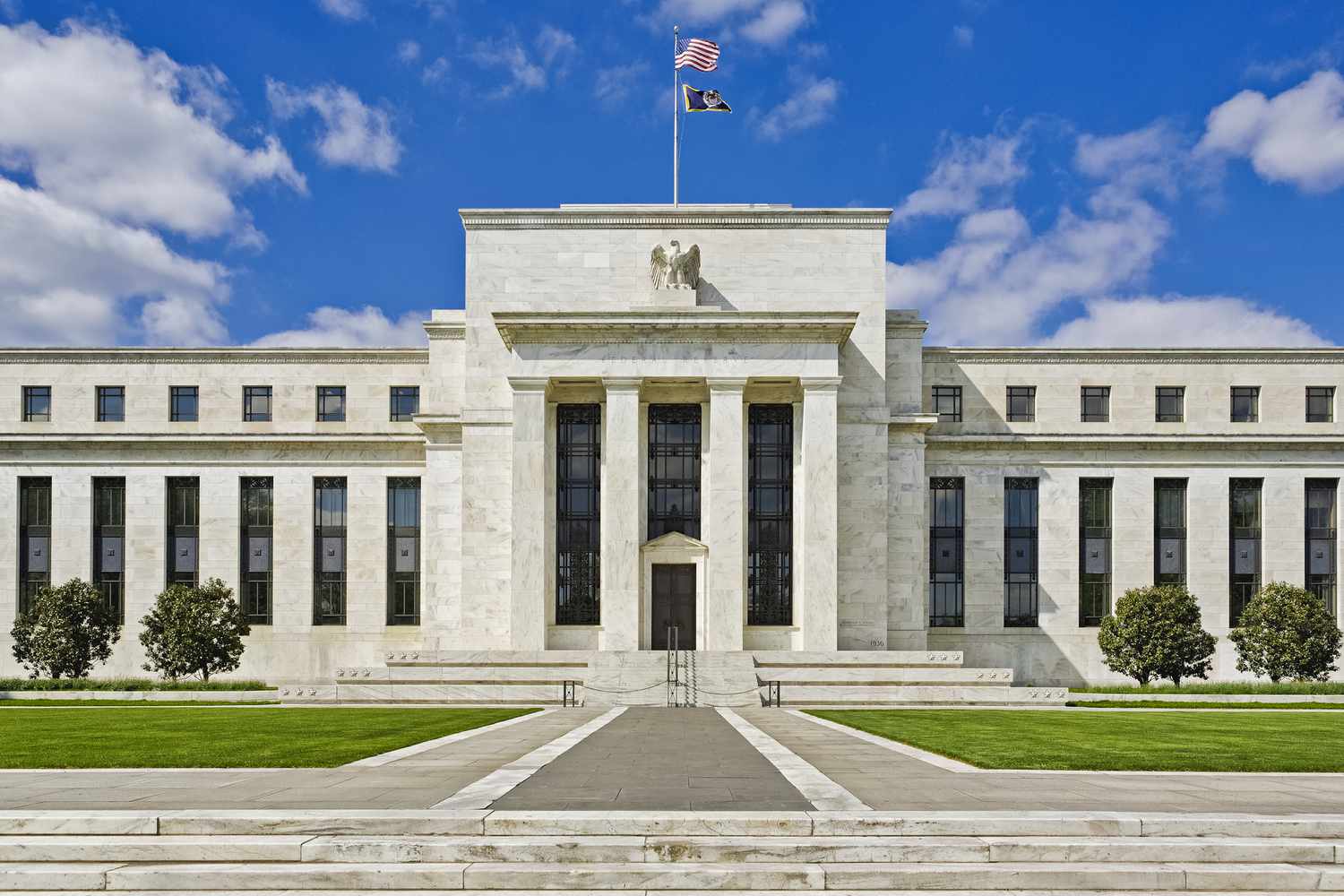

Finance
Federal Reserve Regulations Definition
Published: November 23, 2023
Learn the definition of federal reserve regulations in finance and their impact on the financial industry. Understand the rules and policies set by the Federal Reserve to maintain stability and regulate financial institutions.
(Many of the links in this article redirect to a specific reviewed product. Your purchase of these products through affiliate links helps to generate commission for LiveWell, at no extra cost. Learn more)
The Basics of Federal Reserve Regulations: What You Need to Know
When it comes to managing your finances, understanding the role of the Federal Reserve and the regulations it imposes is crucial. These regulations, set by the central banking system in the United States, play a significant role in shaping the country’s financial system and ensuring its stability and integrity. In this blog post, we will delve into the definition of Federal Reserve regulations and discuss how they impact individuals, businesses, and the economy as a whole.
Key Takeaways:
- Federal Reserve regulations are rules and guidelines implemented by the central banking system in the United States to ensure the stability and integrity of the country’s financial system.
- These regulations cover a wide range of areas, including banking practices, consumer protection, monetary policy, and more.
Understanding Federal Reserve Regulations
The Federal Reserve, often referred to as the Fed, is the central banking system of the United States. It is responsible for implementing and enforcing regulations that govern various aspects of the financial industry. These regulations aim to uphold the stability and integrity of the banking system, protect consumers, foster economic growth, and maintain price stability.
Federal Reserve regulations cover a broad range of areas, including:
- Banking Practices: The Fed enforces regulations to ensure that banks operate soundly and maintain sufficient capital to withstand potential economic downturns. This includes rules on lending practices, capital requirements, and risk management.
- Consumer Protection: Protecting consumers is a key aspect of Federal Reserve regulations. The Fed implements rules to ensure fair lending practices, safeguard consumer rights, and prevent discriminatory practices in financial services.
- Monetary Policy: The Federal Reserve regulates monetary policy to control inflation, interest rates, and the overall money supply in the economy. These policies influence borrowing costs, investment decisions, and the overall health of the economy.
- Financial Stability: The Fed plays a crucial role in safeguarding the stability of the financial system. It imposes regulations and conducts stress tests to identify and mitigate systemic risks that could lead to financial crises.
Why are Federal Reserve Regulations Important?
Now that we have discussed the definition and scope of Federal Reserve regulations, it’s important to understand why they matter and how they impact various stakeholders.
For individuals:
- Consumer protection regulations ensure fair treatment and prevent abusive practices by financial institutions.
- Regulations on mortgage lending protect individuals from predatory lending and promote responsible homeownership.
- Monetary policies influence interest rates on loans, credit cards, and savings accounts, directly impacting individuals’ borrowing costs and investment returns.
For businesses:
- Banking regulations create a level playing field for financial institutions and ensure fair competition.
- Capital requirements and risk management regulations enhance the stability of the banking system, reducing the likelihood of financial crises.
- Consumer protection regulations prevent deceptive practices and promote trust in financial services, benefiting businesses that rely on customer trust.
For the economy:
- Federal Reserve regulations promote a stable and efficient financial system, supporting economic growth and development.
- Monetary policies influence the availability and cost of credit, stimulating or restraining economic activity.
- Regulations on systemic risks help prevent financial crises and protect the overall health of the economy.
In conclusion, Federal Reserve regulations are instrumental in maintaining the stability and integrity of the U.S. financial system. They protect consumers, promote fair competition, and contribute to overall economic growth. Understanding these regulations is essential for individuals, businesses, and policymakers to make informed financial decisions and promote a healthy financial ecosystem.














